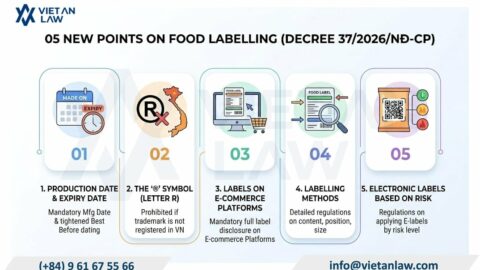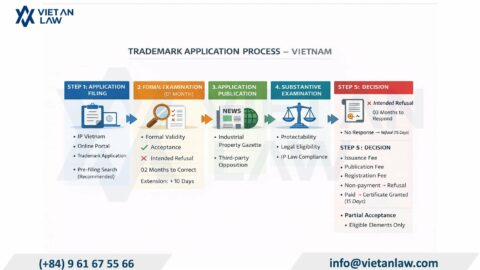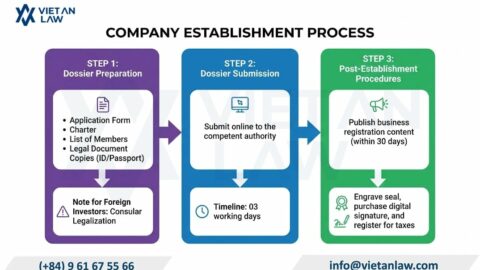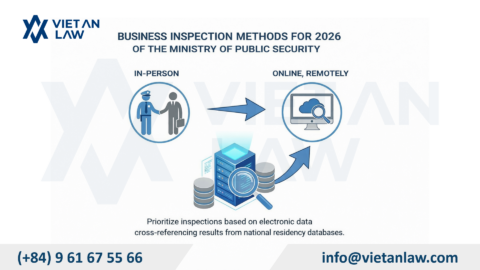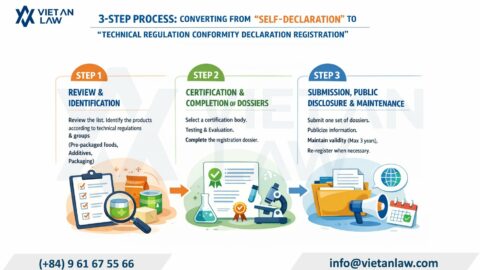Trademark registration in Kiribati is a crucial step for businesses seeking to protect their brand identity and intellectual property in the island nation. Kiribati is a small island nation located in the Pacific Ocean with a lot of potential for economic development. Kiribati is located on an important sea route connecting Asia and the Americas. The Exclusive Economic Zone (EEZ) is large with the potential to exploit marine resources. Kiribati is a country with abundant marine resources such as fish, minerals and renewable energy (solar energy, wind energy). Fertile soil is suitable for agriculture. Kiribati possesses unspoiled natural beauty, beautiful coastline and unique culture. The tourism industry is growing with the potential to attract international visitors. Kiribati is also a member of many international organizations, facilitating economic and trade cooperation. Therefore, more and more businesses are expanding their business scope here. Viet An Law Firm would like to guide customers through the preliminary procedures for trademark registration in Kiribati through the article below.
Currently, Kiribati does not have a private trademark registration system. Therefore, trademark protection in Kiribati is carried out through two main methods:
Extension of protection from trademark registration in the United Kingdom (UK)
This is the most common method today. Trademark owners need to have a valid trademark registration in the UK. They could then apply to extend the protectorate to Kiribati. This process is done through the UK Intellectual Property Office (UKIPO).
Trademark registration in accordance with the national intellectual property law
Kiribati is developing its own intellectual property law, including regulation of trademark registration. Once this law is passed, applicants can register a trademark directly in Kiribati.
Currently, Kiribati does not have a private trademark registration system. There are several main reasons for this
National scale
Kiribati is a tiny island nation with a population of just over 110,000. The domestic market is small, making investing in a private trademark registration system less attractive. Therefore, the demand for trademark protection is lower, which may make investment in a separate registration system meager.
Limited resources
Building and operating an effective trademark registration system requires a lot of funding. Countries with limited resources may find it difficult to raise enough funds to build the system. The operation of the trademark registration system needs highly qualified staff. Countries with limited resources may find it difficult to recruit and retain qualified personnel. Building an effective trademark registration system requires advanced information technology infrastructure. Countries with limited resources may find it difficult to invest in the necessary infrastructure.
Common law rights are a legal concept that refers to rights arising from common law, not based on specific laws. In the field of intellectual property, rights under common law may apply to cases such as:
Advantage:
Shortcoming:
Benefit:
Challenge:
Even without registration, a business can establish rights under common law through consistent use of its trademark in Kiribati. This means building brand reputation and recognition through your business activities.
Currently, Kiribati does not have an official trademark registration system. Therefore, the disclosure of information about brands, products, creativity here can bring certain benefits, but there are also limitations to keep in mind.
Benefit:
Restrict:
Publication method
Application Process:
Filing a trademark application at the UK Intellectual Property Office (UKIPO)
Wait for UKIPO to review your application
UKIPO will review the application and may request additional information or amendments to the application. If the application is accepted, UKIPO will publish the trademark in the Journal of Intellectual Property.
Extension of protectorate to Kiribati:
Once trademark registration in the UK is accepted, the business can apply to extend the protection to Kiribati. The application for extension of protection should include information about the UK registration and a list of goods/services to be protected in Kiribati. Pay the protection extension fee.
Waiting for UKIPO to consider the application to extend protection:
The UKIPO will consider the application for extension of protection and may request further information or amendments to the application. If the application for extension of protection is accepted, UKIPO will issue a Trademark Registration Certificate to Kiribati.
Currently, Kiribati is in the process of building a private trademark registration system. This is done with the support of international organizations such as the World Intellectual Property Organization (WIPO). It is expected that Kiribati’s private trademark registration system will be implemented in the near future. The system will bring many benefits to Kiribati, including:
However, the implementation of a private trademark registration system also poses a number of challenges for Kiribati, including:
Overall, the implementation of the private trademark registration system is an important step forward for Kiribati in protecting intellectual property and promoting economic development.
